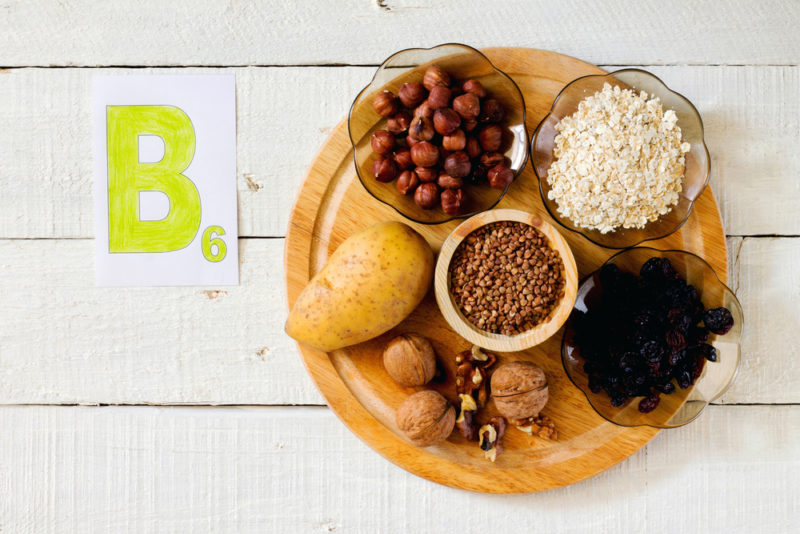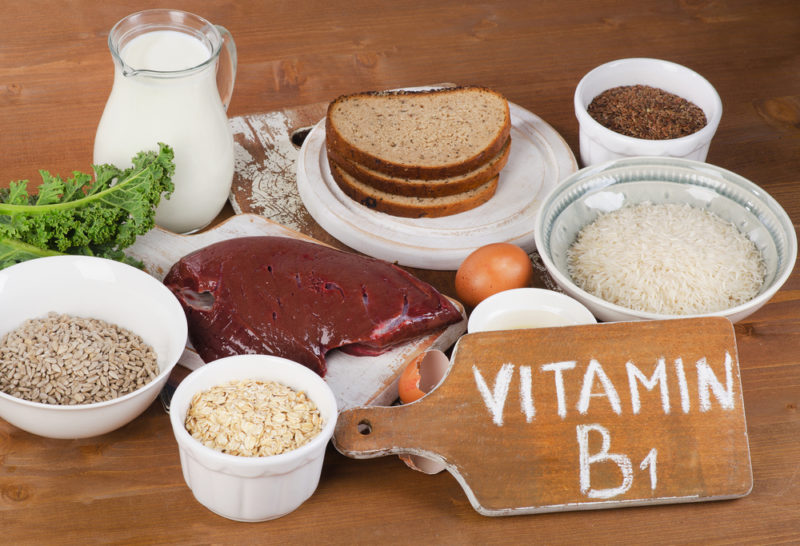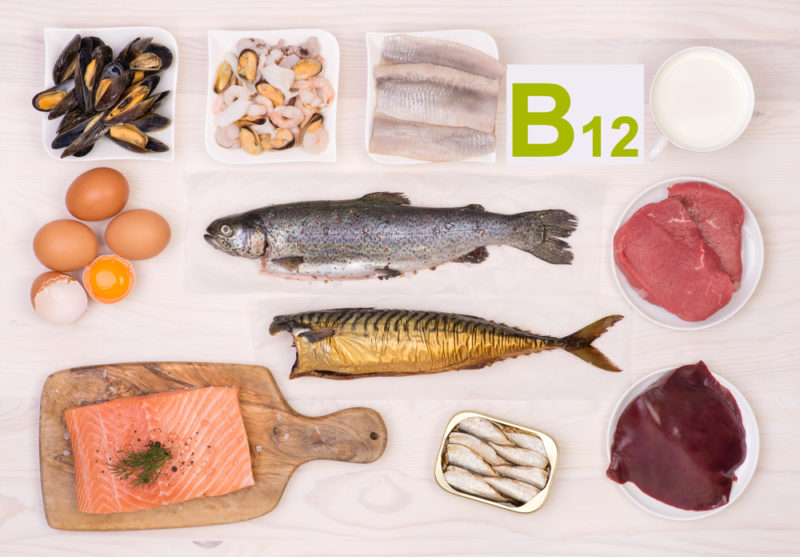
Feeling bloated can definitely put a damper on your day. It makes finding something to wear more difficult, lowers your self-esteem and leaves you feeling uncomfortable. Bloating can happen for a number of reasons, including:
1. Intestinal Yeast Overgrowth
The healthy bacteria in your gut usually keeps your yeast levels in check, but there are a few factors that can cause the candida population to grow out of control, causing an overgrowth. When there is too much yeast in the body, it causes you to become bloated and gassy.
2. Food Intolerance
A food intolerance causes immune system stress and inflammation, which can irritate the intestinal tract and cause bloating. The most common food intolerances are dairy, certain fruits, nuts, wheat, gluten and corn.
3. Gluten Sensitivity
Gluten intolerance and celiac disease have become more common, largely due to the chances in wheat over the past few decades. Many people with these conditions report bloating, often accompanied by gassiness, constipation and diarrhea.
4. Irregular Meal Times
Bloating can be caused by eating at irregular meal times. When you go hours without eating or have large amounts of food before bed, your digestion and metabolism will both suffer.
5. Insulin Resistance
When insulin is released in a healthy person, it triggers the body’s cells to use glucose and fats from the bloodstream. Insulin resistance occurs when the cells don’t respond to the signal. Symptoms of insulin resistance include weight gain, intense cravings for carbohydrates and sweets, increased appetite and feeling tired and bloated after eating.
6. Poor Food Combining
Eating certain types of foods together can actually affect how well they’re digested. Some are more sensitive to food combining than others, but when foods are poorly combined, it can slow down the digestive system, resulting in bloating and indigestion.
Vitamin B for Bloating
Getting down to the root of the problem by finding out what’s causing you to bloat will help you find ways to treat it. Usually, a change in diet is needed. A natural way to treat bloating is to ensure that you’re getting enough Vitamin B.
Vitamin B6
If your bloating is caused by mild fluid retention, Vitamin B6 might be able to help. It’s found in a variety of foods, such as poultry, fish and whole grains. Vitamin B6 supplements are available, but getting it through your diet is the best natural source.
Vitamin B1
Thiamine, or Vitamin B1, is essential for breaking down carbohydrates in the body. It also aids in the production of adenosine triphosphate or ATP, which provides the fuel the digestive system needs for proper digestion. Not only does Vitamin B1 improve heart and nerve function, it accelerates digestion while working to neutralize gas and bloating. Whole grain breads, cereals and pork all provide thiamine.
Vitamin B12
A B12 deficiency is associated with stomach inflammation. Once the inflammation develops, it prevents the body from absorbing B12, making the deficiency even worse. Stomach inflammation caused by a B12 deficiency can end up disrupting the balance of friendly bacteria in the small intestine, leading to bloating, gas and indigestion. Seafood, milk, cheese, eggs, poultry and beef are all sources of Vitamin B12. Vegans and vegetarians should make sure they’re getting enough Vitamin B12.
Sources:
This Vitamin Reduces Bloating and Flattens Your Belly in A Few Minutes
http://www.davidwolfe.com/6-causes-bloating-fix-it/
http://www.livestrong.com/article/311587-are-there-any-vitamins-that-will-help-with-bloating-gas/


